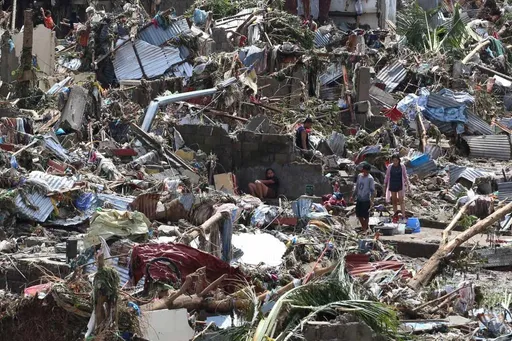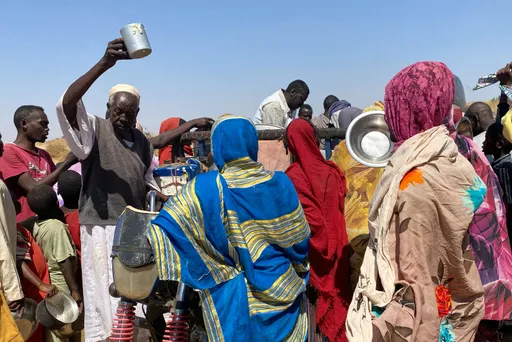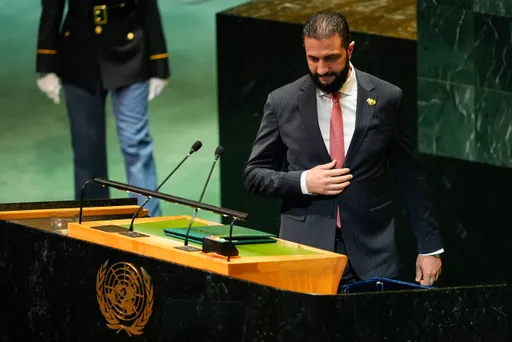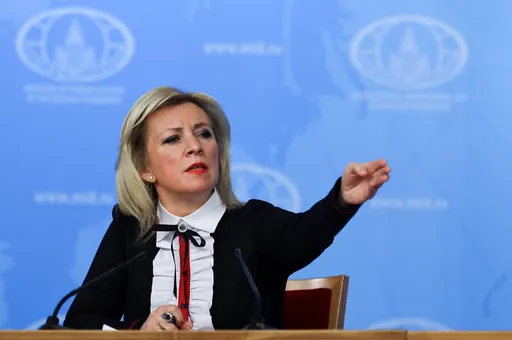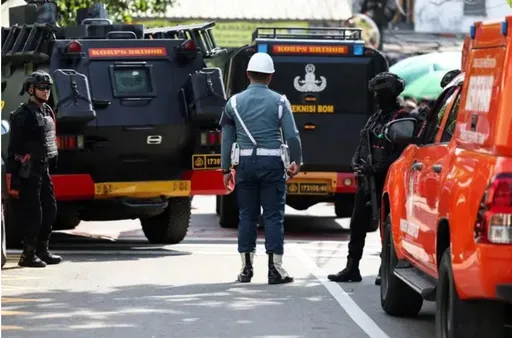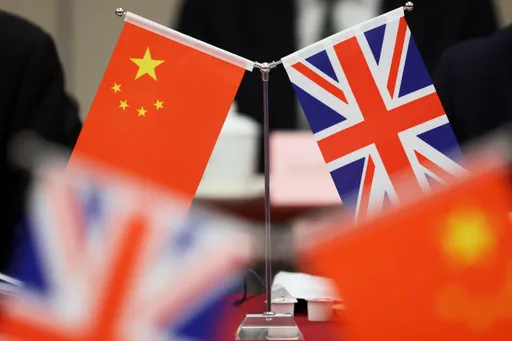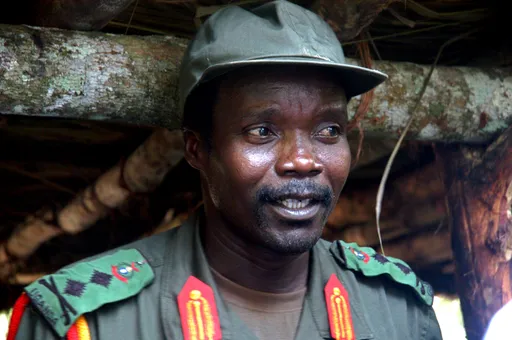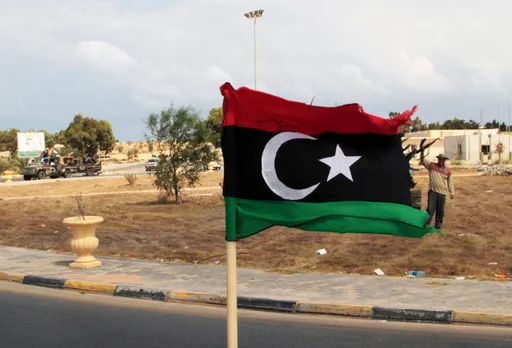Lagos –– In October 2018 at the Ake Festival, TJ Benson was an invited guest and moderated two panel discussions centered around filmmaking. At the time, the twenty-seven year old Benson was waiting the release of his debut book - We won’t fade into darkness. Benson’s work exploring themes of speculative universes got him invited as a guest to the festival.
But in 2016 when East Africa's leading novelist Ngugi wa Thiong'o was a guest at the Ake Book and Arts Festival in Abeokuta, Ogun state, Nigeria, then twenty-five year old writer and photographer TJ Benson was a visitor. At the time, Benson was a burgeoning writer with some of his stories in literary journals and anthologies in Nigeria. For Benson, wa Thiong’o represented excellence in storytelling and according to him, his conversation with festival founder and writer Lola Shoneyin was the highlight of the festival for him. In his interview at the festival, wa Thiong'o's conversation centered around language in the continent and of literature in the African continent.
Benson is one of the new crop of Nigerian and African writers that are described as non-conforming to the ‘Western’ idea of Africa through stories that are heavily laced with conflict, colonial struggles, identity crisis and poverty. While those stories still exist and are still relevant, they shouldn’t exist as the only lens for the whole African continent and experience.
Writer Helon Habila offered a scathing review of We Need New Names by NoViolet Bulawayo by asking “whether this new writing is a fair representation of the existential realities of Africa, or if it is just a "Caine-prize aesthetic" that has emerged in a vacuum created by the judges and the publishers and agents over the years, and which has begun to perpetuate itself.”
Bulawayo’s book was an extension of her Caine prize-winning short story about a Zimbabwean girl coming of age in the US - Hitting Budapest. But thanks to literary magazines going digital as well as the democratization of internet access in the continent, more African writers are telling the stories of their world without the pressure of representing the continent while performing stories that a Western audience will want.

Renowned Ghanaian author, poet, playwright and academic Ama Ata Aidoo is pictured during the Ake Arts and Book festival in Abeokuta, southwest Nigeria, on November 17, 2017. (Getty Images)
To Fope Ojo, the co-founder of literary magazine Arts and Africa, African art and literature has been bogged down with the desperate responsibility of representing an idea of Africa - the Africa of colonialism and its aftermath. But Africa right now is seeing a rise in revolutionary writers and artists.
“Writers now are not afraid to point the mirror inwards and this shows with how art and literature coming from this continent is intensely focused on self. Benson’s debut book, a collection of short stories - We won't fade into darkness interrogates the 'Nigerian' identity and what its future would look like based on some current realities. In a lot of ways, it’s a critique of self and how Benson is able to understand the Nigeria around him. But more importantly, it exists in a new genre - Afrofuturism - a theme pioneered by Ake festival guest and professor Nnedi Okorafor.
For Adetoun Alamutu, a MSc candidate of English literature believes that the new crop of writers and stories represent the profound nature of new African literature. Her favourite new book is Stay with me by Ayobami Adebayo. Set in Nigeria, Stay with me is the story of a woman who’s unable to have children in her marriage discovers that her husband might be have been sterile and is then tricked into cheating with her brother-in-law. But for Alamutu, the quality and texture of the language is what makes the book special. “The language was a direct transfer of Yoruba into English. It wasn't an attempt, the nuances and proverbs, the description were delivered deliberately in Yoruba.”
In 2017, Adebayo was a guest at the Ake festival where she had a book chat with author of Dust - Yvonne Owuor. Every year, for a week, the Ake festival brings together writers of African literature and consumers; readers, burgeoning writers and just art enthusiasts for panel discussions, book readings and chats and film screenings.
First organised in 2013, the festival has grown to become a mecca for the African literary community. Writers are able to connect and ask questions as well as get mentorship from other established writers at the festival. Festival founder and writer, Lola Shoneyin was looking to plug a continent wide gap in literary festivals for African writers by African writers when she established the festival.
Before the Ake festival, Shoneyin was a writer and teacher. Since its inception, the festival has grown in stature and has invited guests like Nnedi Okorafor, Ngugi wa Thiong'o, Teju Cole, Marlon James and Prof. Jennifer Makumbi. But for Shoneyin, the festival is for the conversations; the curated and impromptu. “We were looking to create a safe space for writers and people in the arts. The average person is uncomfortable talking about gender, sexuality, religion. History is not a comfortable place for many people. The festival for us to have consciousness of our past and to encourage people to articulate it.”
Alamutu and Benson agree. The festival allows guests and visitors discuss outside the curated panels. Very frequently, published and award winning writers are seen grabbing lunch or discussing over a bottle of palm wine. There’s an atmosphere of camaraderie, a union of literary ideas and perspectives where everybody is free to share views without criticism or pretense. Because there are writers doing stories about their daily lives, juxtaposing between the past and present new writers are able to see and tell stories that are personal to them.
Another recent success is Amara N Okolo. Currently writing her second book, the thirty-one year old writer’s debut book was about romance set in Lagos. The inspiration from the story came from her personal life and experiences from her close friends and loved ones. “I simply wrote my stories with the full intention that no soul would read it, so i wrote it with my heart and just the way I’d want any story I’d love to read to be,” Okolo said. Before her first book, she had only read a few contemporary African fiction books, was not active or a part of any literary communities and had not attended any festivals.
But Dami Ajayi, a poet and Medical doctor in Lagos, does not exactly believe that Africa’s narrative is controlled by Africans. Literary festivals hardly curate by themselves and the narrative is squarely an issue of publishing especially as it is a business. There is an agent and publisher bias in general storytelling, especially when it comes to African stories, so this has shifted all of the great writing online.
“Africa has no publishing. The popular publishing companies are effectively very small presses.” Ajayi explains. This is a sentiment that Benson shares. “A lot of the great writing is ignored for the more popular writer, or whatever story might sell copies outside the continent.” While Benson was trying to ship off his debut novel, some publishers asked questions about the number of twitter followers he had and how much social buzz he had gotten for his previous work. At the time he was about giving up, he won the Saraba Manuscript prize and that helped push his book over the line and get published.
While the progress might be slow, it still is progress. The Ake festival has grown to having a sister festival in Kaduna. In Enugu, the first literary festival held and was largely a success. With these festivals are writers looking to create stories true to them. In the same vein, a lot of publishing houses are springing up, interested in telling stories of Africans, without embellishing themes that are slowly changing.













